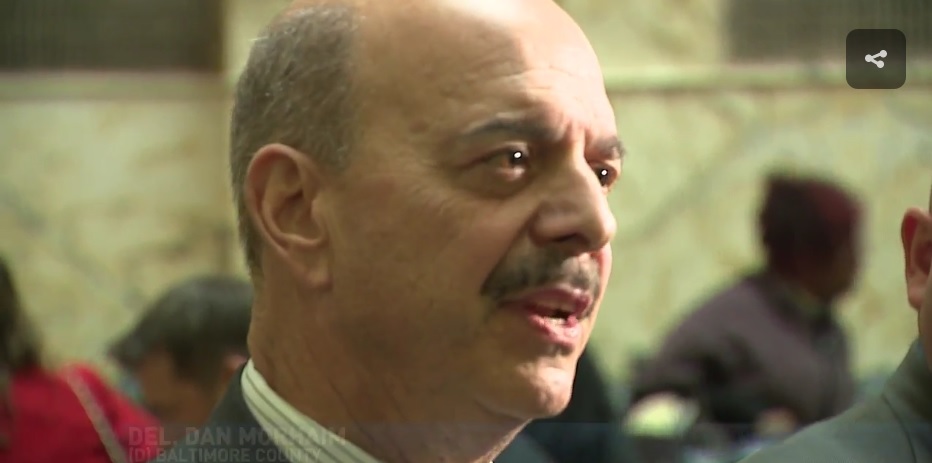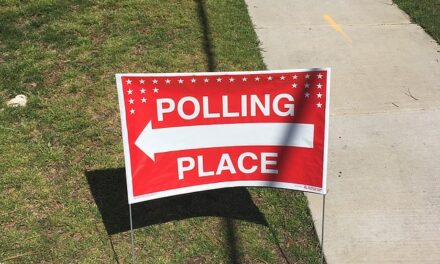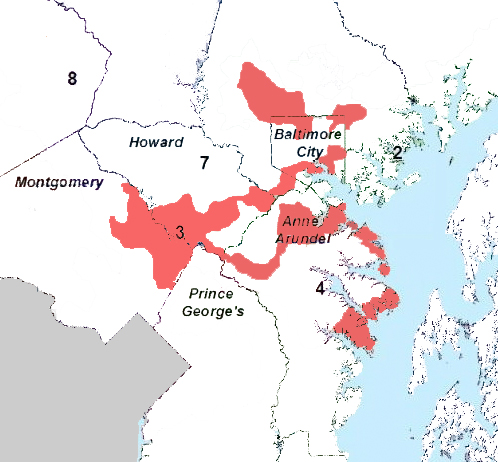Members of the Maryland General Assembly have made it clear that reform of the live events ticketing industry is on the agenda this session. This is encouraging news for the countless fans who have faced limited choice in the ticket market, experienced a clunky purchasing process, or felt duped by misleading pricing.
Already, multiple ticketing reform bills have been introduced. Among these, SB 1113 is a proposal that would empower fans and encourage competition in the market. On the other hand, some provisions in bills like SB 539 and HB 701, would limit the rights of fans and further entrench the most abusive parts of the ticketing system. While advocates for the bills frame these as consumer protection, in reality, they are being pushed by corporate interests. Meanwhile, the issues important to consumer protection organizations have not been addressed.
On the surface, the bills seem like they fix an important problem plaguing the ticketing market: eliminate the bad actors that mislead fans, and in turn, hurt the venues that we know and love. But as with most things the devil is in the details. A crucial detail here is that the bills would limit consumer choice and criminalize reselling a ticket for more than an individual paid for it. While this may sound good for consumers, the opposite is true.
The dilemma is that the legislation assumes that all resellers inherently engage in market manipulation or other unethical behaviors, including ordinary people who resell tickets from time to time. The bills fail to recognize that ticket resale is already highly regulated in Maryland, ensuring the tools are in place to go after any bad actors who use bots or try to deceive consumers. Law-abiding ticket buyers, sellers, and resellers shouldn’t be punished and denied access to a healthy marketplace because Maryland doesn’t enforce the laws it already has.
A competitive secondary market has resulted in significant savings for fans. In fact, since 2017 the resale market has saved Maryland consumers approximately $16.5 million and allowed millions of Maryland fans the opportunity to see their favorite team or artist in person. Clearly, the secondary market is not the enemy, and in reality, it’s the only real source of competition in a market dominated by the monopolist behemoth Live Nation/Ticketmaster.
Live Nation/Ticketmaster provides tickets to many popular Maryland venues like Merriweather Post Pavilion. But it’s the company’s anticompetitive practices and a massive number of exclusive contracts at all stages of the ticketing marketplace that have drawn the ire of the Justice Department and multiple state attorneys general who are now investigating the company for antitrust abuses.
If Maryland restricts secondary sales in the manner they are trying, the secondary market will just be driven back underground to a black market of shady deals, sidewalk transactions, fake tickets, and Craigslist hustling. The market will bear what the market will bear, and if artificial limitations prevent transparent and trusted secondary marketplaces from participating, consumers will be left to fend for themselves through unregulated channels. At venues like Merriweather Post Pavilion, where ticket fees are usually 20 percent or more, Ticketmaster will lack competition and could raise them to 30 or 40 percent. Ultimately, SB 539 and HB 701’s biggest beneficiary will be Ticketmaster.
The Ravens, who have just announced that they will be raising season ticket prices for fans, and other sports teams have been lobbying for a carve-out from this proposal. In doing so, they would not just carve out sports fans but any fan who attends a concert at a sports venue. This would subject fans to a confusing regime of regulations based purely on location. Why should fans attending an event at Merriweather Post Pavilion have their rights taken away while fans at M&T Bank Stadium enjoy these critical freedoms? What’s good for one fan should be good for another. If ticket resale restrictions were good policy, carve-outs wouldn’t be necessary.
The movement in states like Maryland to take up ticketing reform given the harm that Ticketmaster’s anticompetitive practices have brought on consumers is laudable. But it’s important to get the policy right. These bills do nothing to require venues and ticket sellers to report illegal bot use to law enforcement, so current law can be enforced, and they also do nothing to make transparent the deeply deceptive practice by venues, artists, teams, and Ticketmaster to mask true ticket inventory through secret ticket holdbacks that create fake scarcity to take advantage of consumers.
Instead of rushing such a complex issue, Members of the General Assembly should stop and have a conversation with all stakeholders, but most importantly, with consumers, not just the special interests of a few businesses. The committee should take a serious look at the only ticketing bill endorsed by the consumer protection movement, SB 1113, and make sure its provisions are included in any legislative reform. Maryland’s live event culture is too rich a tapestry to leave to the hands of special interests pretending to advocate for consumers.







This op ed fails to disclose that Sports Fans Coalition receives funding from resale sites like Stubhub
How about some just yesterday news, instead of years ago!?